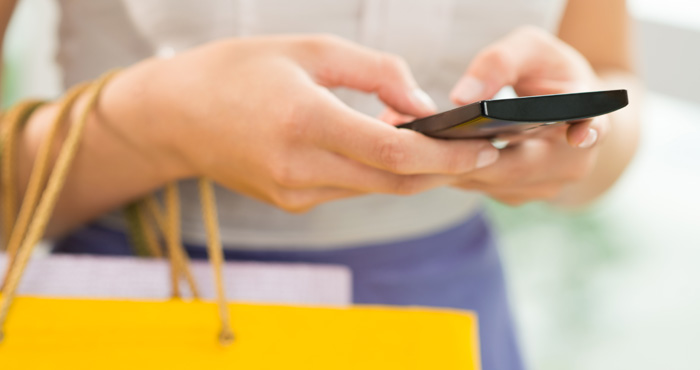3 Ways to Make Private Phone Calls
Techlicious editors independently review products. To help support our mission, we may earn affiliate commissions from links contained on this page.

Whether you're getting quotes from car dealers, setting up an online dating account or returning a work call from your personal phone, there are times when keeping your phone number private makes sense. Fortunately there are options for short term anonymous "burner" numbers, virtual phone lines and caller ID blocking. Here's what I recommend.
[Editor's Note: *67 will not work when calling toll-free numbers (800, 888, etc.) and emergency services, like 911.]
While I value openness — even when it comes to Caller ID, I can see real value in protecting my privacy in a situation where I would be dealing with strangers. It’s safer and smarter.
1. Use a Temporary "Burner" Number
For a temporary disposable number, I like Burner (available in your browser and as an app for iOS and Android). You get 20 minutes of talk time and 60 texts over a week for free and then you need to buy credits to extend service and buy new burner numbers. There's a Mini Burner ($1.99 or 3 credits) for 14 days or 20 minutes or 60 texts, whichever comes first, a Standard Burner ($3.98 or 5 credits) for 30 days or 150 texts or 50 minutes, whichever comes first, or you can pay $4.99 (8 credits) for 30 days of service with unlimited texts and calls (or $47.99 if you commit to a year of service). If you want to be able to send photos, there's a Picture Burner package (8 credits or $4.99) for 100 messages (with or without photos), 50 minutes or 30 days, whichever comes first. There's a text-only plan with 250 texts (no pictures) for $3.98 (5 credits). Credits can be bought in packs of 3 ($1.99), 8 ($4.99), 10 ($5.99), 15 ($7.99) and 25 ($11.99).2. Use a Free Long-Term Private Number
For a more permanent calling solution, I recommend Google Voice. You get unlimited calling within the U.S. for free as well as voicemail, call screening and do not disturb, among other features. To receive a call or text, you'll need a smartphone or computer with Internet access and the Google Voice app (free for iOS and Android). Or, you can choose to forward all of your Google Voice calls and texts to an existing number. Outbound calls made with the Google Voice app will show your Google Voice number, instead of your real number.3. Block Your Outbound Caller ID
If you don’t want to use your disposable phone number minutes, you can block your outbound Caller ID by turning it off in your phone’s call "settings" on your mobile phone, setting it up in your phone management software if you use a digital phone service or dial *67 before the number on a regular landline phone or cell phone (for both you'll need to use the country code, so it would look like *6712125551212). Your number will appear as unavailable. Here are steps to block your number permanently on Android, iPhones and landline phones. However, you may not want to permanently block your caller ID because some people choose to set up their phones to automatically block incoming private numbers or choose to not answer calls when the caller is listed as "Private."[Editor's Note: *67 will not work when calling toll-free numbers (800, 888, etc.) and emergency services, like 911.]
While I value openness — even when it comes to Caller ID, I can see real value in protecting my privacy in a situation where I would be dealing with strangers. It’s safer and smarter.
from Fruitty Blog https://ift.tt/3dFacI0
via IFTTT
No comments:
Post a Comment